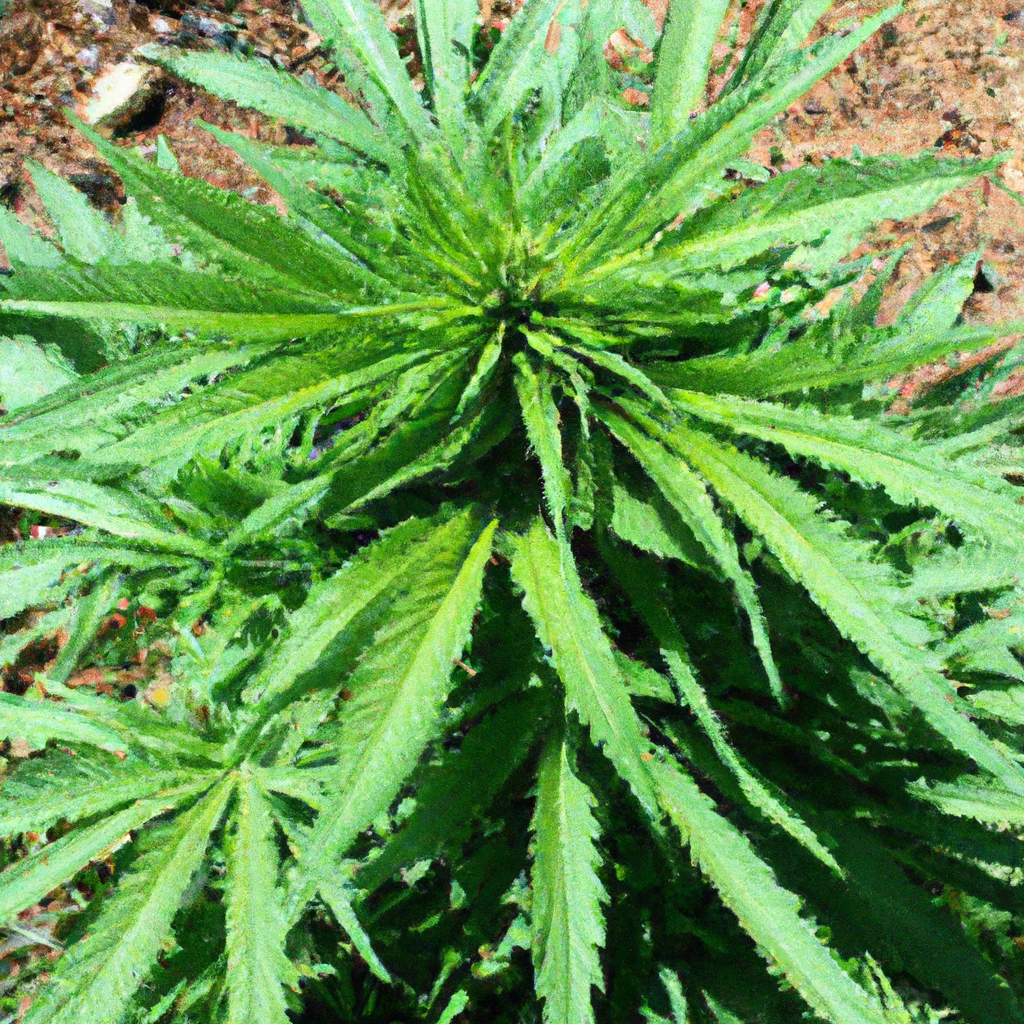Your cart is currently empty!
Growing cannabis organically is a rewarding endeavor that reflects both an eco-conscious mindset and a commitment to superior quality. In this blog post, we’ll explore best practices for cultivating cannabis organically using natural fertilizers, compost, and effective pest control strategies. Learn how to build healthy soil ecosystems and promote sustainability through your growing operations.
Building a Healthy Soil Ecosystem
A thriving soil ecosystem is the foundation of successful organic cannabis cultivation. Healthy soil not only supports plant growth but also boosts resilience against diseases and pests.
- Compost: Utilizing homemade compost is an excellent way to enrich soil. Compost adds a rich diversity of nutrients and beneficial microbes, which drastically improve soil health and fertility.
- Cover Crops: Planting cover crops like clover and alfalfa helps fix nitrogen in the soil, boosting its fertility naturally.
- Crop Rotation: By alternating different crops through your growing space, you can prevent nutrient depletion and maintain soil health.
Using Natural Fertilizers
Nutrient management is crucial for organic cannabis plants to achieve optimal growth. Here are some natural fertilizers you can use:
- Worm Castings: Known as vermicompost, worm castings are rich in potassium, nitrogen, and other essential micronutrients.
- Bokashi Tea: This fermented liquid fertilizer can be easily made from kitchen scraps, providing a nutrient-dense feed for your plants.
- Fish Emulsion: High in nitrogen, fish emulsion provides a slow-release food source, promoting robust plant growth.
Natural Pest Control
Achieving pest-free growth without synthetic chemicals involves interconnecting various methods:
- Companion Planting: Certain plants like marigolds and basil naturally deter pests when grown alongside cannabis. Their aroma is unappealing to many insect invaders.
- Beneficial Insects: Introduce predatory insects, such as ladybugs and predatory mites, to control aphid and spider mite populations organically.
- Neem Oil: Act as a natural pesticide against various insects and fungal diseases.
Benefits of Organic Cultivation
Beyond the immediate benefits to the plants, organic cannabis cultivation has broader benefits for the environment and consumers:
- Environmental Impact: Organic methods help reduce soil degradation, lower water usage, and decrease chemical runoff into local ecosystems.
- Consumer Safety: Cannabis grown organically lacks synthetic pesticide residues, offering a cleaner and healthier product for consumers.
Conclusion
Organic cannabis cultivation is about working symbiotically with nature to grow plants that are healthier for consumers and the planet. By nurturing the soil, using natural fertilizers, and controlling pests without chemicals, growers can produce cannabis that enshrines quality and sustainability. Embrace organic practices, and reap the rewards of a greener and more ethical cannabis cultivation.
Remember, the journey to organic cultivation is a continuous learning process, where each season provides new insights into the art of growing naturally.
Discover more from Magic Clones
Subscribe to get the latest posts sent to your email.


Leave a Reply